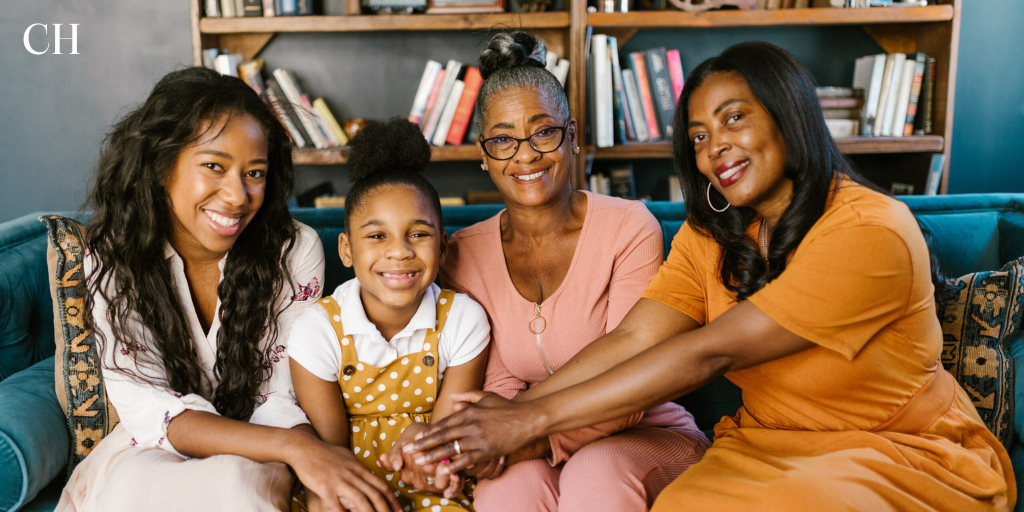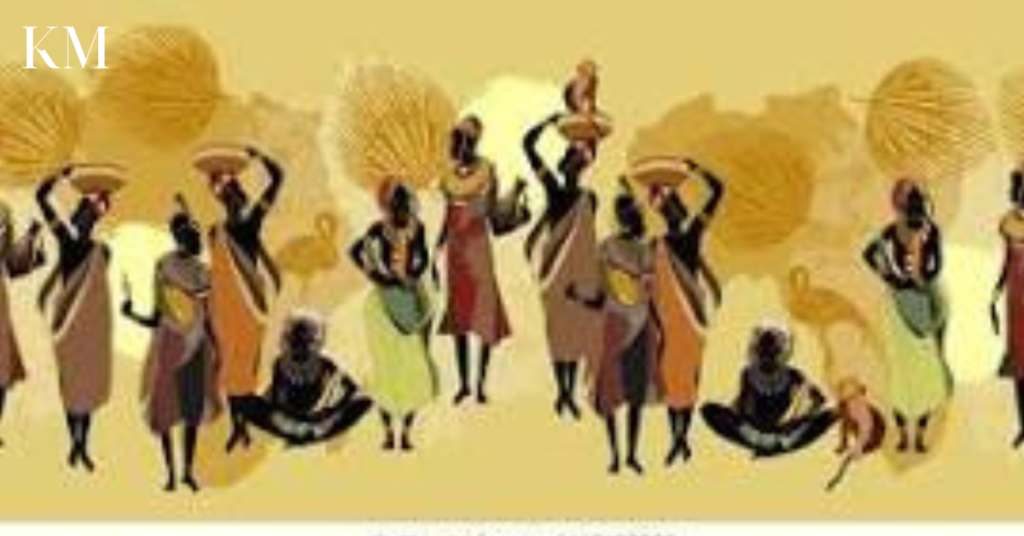
Black women have traditionally played an important role in family dynamics, frequently serving as the foundation of their homes and communities. Their contributions go beyond typical gender roles to include economic support, emotional labor, and leadership within the family. Despite institutional impediments such as racism, misogyny, and economic injustice, Black women have shown tenacity and strength, maintaining the stability and continuity of their families. Their influence on family dynamics is diverse and strongly based in cultural traditions, communal ideals, and an unrelenting commitment to social justice.
In many Black families, women have played an important role in upholding cultural traditions and cultivating a feeling of identity and belonging. They frequently take on the job of primary caretakers, looking after not only their children but also extended family members. This intergenerational solidarity reflects the communal values that are firmly ingrained in Black family structures. Black women’s engagement in childrearing and family cohesion helps to pass along cultural values, history, and resilience from one generation to the next. This role is more than just tradition; it is critical to sustaining the continuity and identity of Black communities.
According to Therapy for Black Girls Because patriarchy, duh. From my experience – and I’m sure most other Black women’s as well, patriarchy, white supremacy, and capitalism are the foundations this country and society have been built on. Thus being the three roots of all evil, that every problem in this society can be traced back to in my opinion. But that’s another blog article for another day. My point is that due to patriarchy, men and women are socialized to believe and behave in certain ways that are damaging to us as individuals, as well as to our relationships. In the book Communion by bell hooks, she reminds readers that women are not inherently better at loving than men. However, women are taught to be more enchanted with love and more nurturing; while “male children are not consistently taught how to nurture. Instead they are most often aggressively socialized to reject nurturance and choose domination.” She also goes on to say that embracing this patriarchal assumption that women are more loving than men leaves space for women to: 1. Excuse men’s lack of emotional intelligence because we already expect them to be deficient, and 2. Not challenge or explore our own ways of loving because we already believe we’re better at it than they are. When the expectation is for women to be more loving and nurturing, we tend to feel guilt or shame if we’re not measuring up. Thus leading us to take on way more than necessary in our workplace, family, romantic relationships and friendships. But for the sake of this article, I’ll focus on the load women carry as partners and parents.
Economically, Black women have frequently been the primary or significant contributor to their households’ incomes. Historical conditions, such as the legacy of slavery and segregation, have required Black women to work outside the home. From domestic work in the early twentieth century to various professional professions in the present day, their labor has been critical to their families’ economic survival and growth. This economic contribution has usually come at the expense of personal and professional sacrifices, as Black women negotiate a labor market that routinely undervalues their work and limits their possibilities for progress.
Despite these disadvantages, Black women have demonstrated tremendous resiliency. They have used a variety of ways to support their families, including entrepreneurship, numerous occupations, and participation in informal markets. This adaptability has not only preserved their families’ economic survival, but also given Black women more control over their financial futures. Their economic roles have frequently extended to communal support, with many Black women participating in mutual aid networks and community-based groups to assist people in need.

Black women’s emotional work within family relations is another important component of their function. They frequently serve as the emotional anchors for their families, offering support, therapy, and advice. This emotional labor entails handling the psychological effects of racism and other forms of prejudice that their family members may encounter. Black women’s ability to provide emotional resilience and stability in the face of personal adversity highlights their critical role in their families’ emotional and psychological well-being.
Furthermore, Black women have been leaders in the fight for social justice and equality, both within their families and in society as a whole. Their involvement in civil rights and gender equality movements had a significant impact on Black families’ overall well-being. Figures such as Harriet Tubman, Sojourner Truth, Rosa Parks, and Angela Davis battled not only for their own but also for their communities’ rights. Their advocacy has inspired generations and played a critical role in improving Black Americans’ social and political standing.
In today’s society, Black women remain involved in many social justice movements, including Black Lives Matter, which was co-founded by Black women. Their activism focuses on the intersectional problems they encounter, pushing for racial and gender equality. This action aims not just to combat structural injustices, but also to provide a better future for their children. Black women’s involvement in social justice is frequently motivated by a desire to ensure that their children and future generations do not face the same challenges they have.
Black women’s resilience and power in family dynamics are highlighted by their capacity to adjust to changing socioeconomic situations. They have embraced educational possibilities, frequently excelling in higher education despite obstacles, in order to ensure a better future for themselves and their family. This pursuit of education has resulted in more professional options, allowing Black women to overcome traditional hurdles and serve as role models for their children and communities.
Despite improvements, obstacles remain. Black women continue to suffer gaps in income, employment, and resource availability. The dual burden of racism and sexism frequently results in distinct stressors that affect their physical and mental health. However, their steadfast spirit and dedication to their families and communities remain unwavering.
To summarize, Black women play an important role in family dynamics through their economic contributions, emotional labor, cultural preservation, and social activity. Their fortitude in the face of systemic problems has preserved the stability and continuation of their households. Black women’s leadership and persistent devotion continue to inspire and encourage their families and communities, exemplifying strength, perseverance, and hope for future generations. Their contributions are critical not only for their families’ well-being, but also for society’s overall pursuit of equality and justice.


